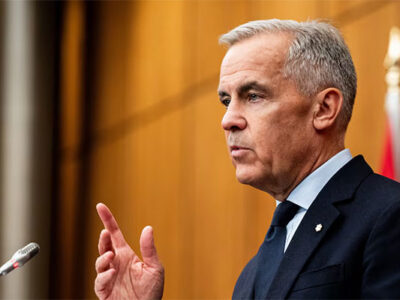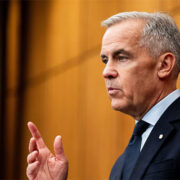Berlin | December 17, 2014 — Prices for solar power storage systems have fallen by around a quarter in recent months. At the same time, the demand for solar batteries has increased significantly. As a result of the sharp decline in prices, the German Solar Industry Association (BSW-Solar) expects that interest in battery systems will continue to grow.
According to Association estimates, more than 15,000 households in Germany already cover significant amounts of their electricity consumption from their own solar power systems, even during evening hours; this gives them greater independence from rising electricity prices.
Due to technological advances and growing demand, the average prices for battery storage systems have fallen by around 25 percent between the first and the second half of 2014. This is detailed in the Solar Power Storage Price Monitor, published today by BSW-Solar and Intersolar Europe. “This is a nice Christmas present for the Energiewende, Germany’s energy transition, and for all operators of solar power systems. Affordable solar storage systems mean that operators can now fulfill their wish for more energy independence and can count on stable electricity prices in the long term,” says Carsten Körnig, Managing Director of BSW-Solar.
Another indication of the already significantly increased interest in solar power storage systems is the number of funding commitments registered with the KfW. In the third quarter of 2014, 32 percent more applications for storage funding were approved than in the second quarter of this year.
Solar power from operators’ own photovoltaic systems is significantly cheaper than electricity from the utility company. However, households often have a high electricity consumption in particular during periods when their solar modules produce little or no solar power — in the evening hours for example. With an electricity storage system, inexpensive solar power can be used whenever it is needed. “Every kilowatt hour that a system operator consumes himself effectively reduces his electricity bill,” explains Markus Elsässer, Managing Director of Solar Promotion GmbH and organizer of Intersolar Europe. Taking place at the same time as Intersolar Europe is the electrical energy storage (ees), the international exhibition for batteries, energy storage systems and innovative manufacturing technology.
Market experts are forecasting a bright future for solar storage technologies. According to a forecast by the American market research company IHS, the global market for solar batteries will grow by a factor of 10 by the year 2018.
KfW provides low interest rate loans to finance the installation of photovoltaic and battery storage systems. In addition, up to 30 percent of acquisition costs are covered as a repayment bonus. BSW-Solar commends this market incentive program, which was created by the Federal Government in 2013, as an indispensable contribution to the market entry of solar power storage systems. In addition, for purposes of quality assurance, it recommends the issuing of a photovoltaic storage passport, which the Association developed together with the Central Association of German Electrical and Information Technology Trades (Zentralverband der Deutschen Elektro- und Informationstechnische Handwerke — ZVEH). The KfW also accepts this passport in the funding approval process as certification of a professional installation of the storage system. In addition, BSW-Solar provides clear and detailed information, free of charge, relating to the topic of solar power storage systems.
















Comments